Ethiopia
Days after kicking out seven U.N. officials, Ethiopia accused them without providing evidence Wednesday of inflating the magnitude of humanitarian crisis and taking sides in the war in its Tigray region, while U.N. Secretary-General Antonio Guterres pressed the country’s ambassador for documentation of the allegations.
Speaking at a U.N. Security Council meeting, Ethiopian Ambassador Taye Atske Selassie laid out newly detailed claims about the seven officials who were ordered to leave the country last week. Among the allegations, the envoy claimed they inflated the number of needy people by over 1 million, cheered the Tigrayan forces who are fighting the government and invented a dozen deaths in a camp for displaced people.
“Ethiopia deeply resents this experience,” the ambassador said.
A surprised Guterres responded that he had known nothing of these allegations, despite having twice asked Prime Minister Abiy Ahmed to send him details on any concerns about the impartiality of U.N. staffers.
Guterres, who maintains Ethiopia had no right under the U.N. charter to expel the officials, asked the ambassador to provide any written documents that the government may have about any alleged wrongdoing by any of the seven officials.
“If such a document will be provided, we will, of course, immediately do an investigation of why it did not come to my attention,” he told reporters after responding directly in the Security Council chamber - a rare step by a secretary-general.
“It is my duty to defend the honor of the United Nations,” Guterres said afterward.
Ethiopia announced the expulsions last Thursday, accusing the U.N. officials of meddling in the country’s internal business.
The country’s foreign ministry later added some more specific claims of “grave violations,” such as violating security agreements, transferring communications equipment to be used by Tigray forces, spreading misinformation and “politicization of humanitarian assistance.”
But much of what the ambassador said Wednesday had not been raised publicly before.
The expulsions came as the U.N. was increasingly outspoken about what it calls the Ethiopian government’s de facto blockade of the Tigray region, where local forces have been fighting government soldiers and allied troops since November. The conflict began as a political dispute and escalated into a war that has killed thousands of people and a hunger crisis that threatens still more.
Some 400,000 people are facing famine as the government clamps down on aid and accuses humanitarian workers of supporting the Tigray forces, which aid workers deny. Only 10% of needed humanitarian supplies have been reaching Tigray in recent weeks, U.N. humanitarian chief Martin Griffiths told The Associated Press last week.
Five of the officials expelled work with the U.N. humanitarian agency, another is with the U.N. human rights office and the seventh is with UNICEF, the U.N. children’s agency.




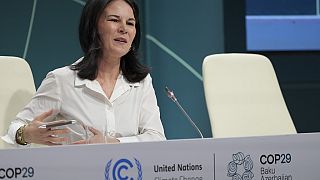
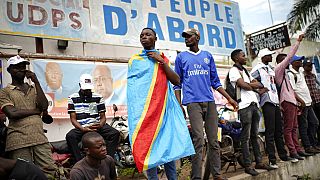
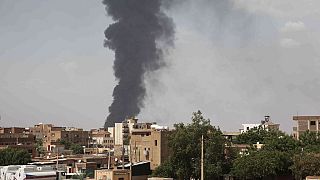


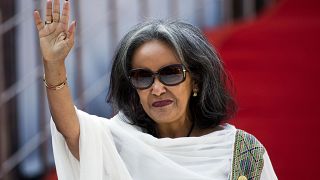
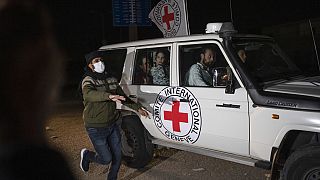

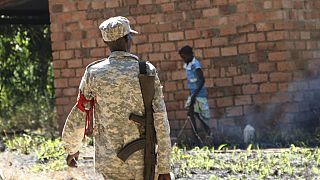
00:58
Somaliland opposition leader wins presidential poll
02:09
Russia vetoes UN resolution calling for immediate cease-fire in Sudan
01:07
Sudan keeps key aid crossing from Chad open to keep humanitarian aid flowing
01:58
Climate adaption: Unfulfilled pledges mean “lost lives and denied development” – UN chief
11:07
Botswana's new government races to diversify its economy {Business Africa}
00:56
South Sudan's peace monitoring body meets to discuss election postponement